
Find Help
More Items From Ergsy search
-

Long Covid
Relevance: 100%
-
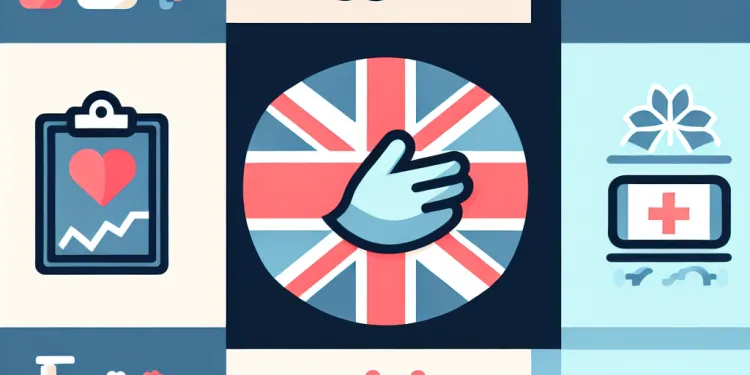
What are the symptoms of long covid?
Relevance: 89%
-
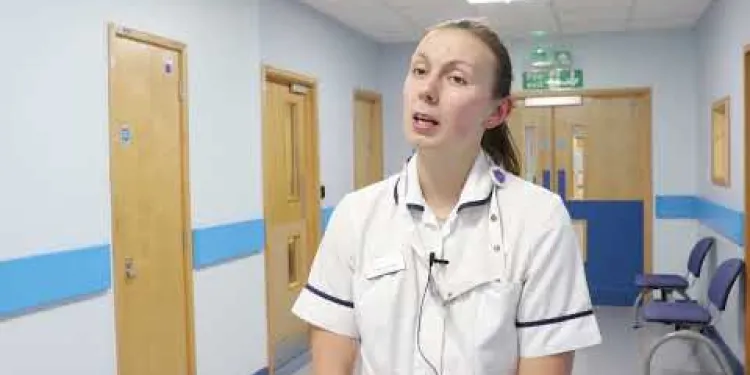
Long COVID - Managing Breathlessness
Relevance: 85%
-
New Research Sheds Light on Long Covid Effects
Relevance: 78%
-

Are there any long-term side effects of the COVID jab?
Relevance: 78%
-
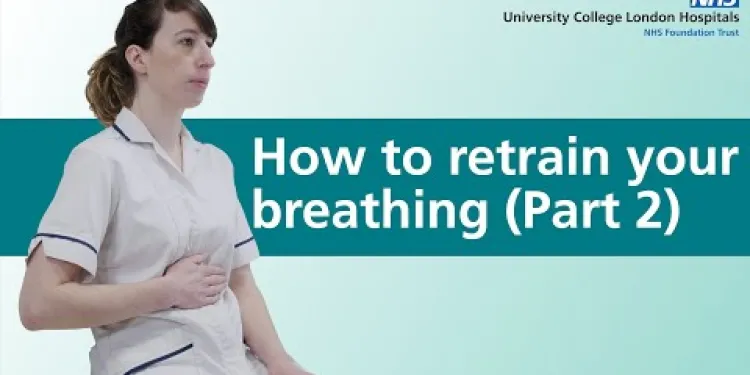
How to retrain your breathing | Part 2 | Asthma, long covid or breathlessness
Relevance: 69%
-

Will I experience side effects from the COVID jab?
Relevance: 66%
-

What should I do if I experience side effects after the COVID jab?
Relevance: 63%
-

How long does immunity last after getting the COVID jab?
Relevance: 62%
-
Can the COVID jab give me COVID-19?
Relevance: 59%
-
What are the benefits of getting a COVID jab?
Relevance: 59%
-
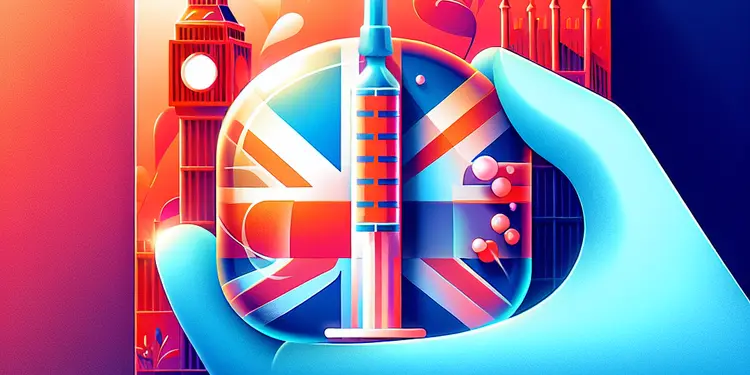
Are COVID jabs safe?
Relevance: 57%
-
Should I get a COVID jab?
Relevance: 56%
-
How do COVID jabs work?
Relevance: 56%
-

How long do the effects of Botox last?
Relevance: 55%
-
Can air physiotherapy help with COVID-19 recovery?
Relevance: 55%
-

Should I get vaccinated if I already had COVID-19?
Relevance: 54%
-

Is the COVID jab effective against new variants?
Relevance: 53%
-

How long do the effects of ketamine last?
Relevance: 52%
-

Does the COVID jab affect fertility?
Relevance: 52%
-
New Covid Variant Strains
Relevance: 52%
-
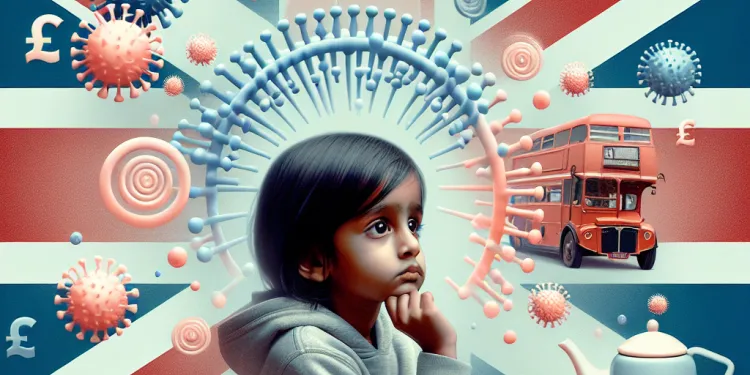
Are children more affected by new variants of COVID?
Relevance: 52%
-
What is a COVID-19 variant?
Relevance: 51%
-

Will getting the flu jab protect me against COVID-19?
Relevance: 51%
-
How are COVID-19 variants detected?
Relevance: 50%
-
Can I get the COVID jab if I am pregnant or breastfeeding?
Relevance: 49%
-

Can I get the COVID jab if I have allergies?
Relevance: 49%
-
Does the flu vaccine protect against COVID-19?
Relevance: 49%
-
What is the Covid-19 Stratus variant?
Relevance: 49%
-

Can I receive other vaccines at the same time as the COVID jab?
Relevance: 49%
-
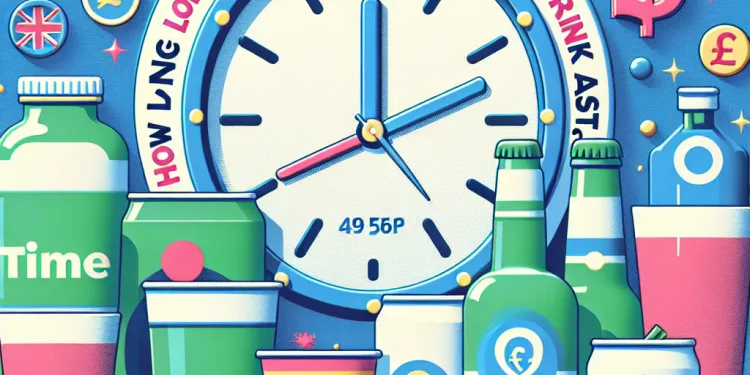
How long do the effects of a spiked drink last?
Relevance: 48%
-
Who is eligible to receive the COVID jab?
Relevance: 48%
-

What sources should I consult for information on Covid-19?
Relevance: 48%
-
How do COVID-19 variants arise?
Relevance: 48%
-
Do new variants affect COVID-19 testing?
Relevance: 48%
-

What are the Nimbus and Stratus variants of Covid?
Relevance: 47%
-
Where can I learn about real Covid-19 variants?
Relevance: 47%
-

How can I get a COVID jab appointment?
Relevance: 46%
-

How can I protect myself from new COVID-19 variants?
Relevance: 46%
-

How long does it take for Baxdrostat to show effects?
Relevance: 46%
Understanding Long Covid
As the COVID-19 pandemic continues to impact lives across the globe, new research is providing valuable insights into a condition known as Long Covid. While the acute phase of COVID-19 is typically resolved in a matter of weeks, many individuals experience prolonged symptoms that persist for months. This condition, referred to as Long Covid or post-acute sequelae of SARS-CoV-2 infection (PASC), has become a major area of focus for researchers aiming to understand its causes, effects, and potential treatments.
Symptoms of Long Covid
Long Covid is characterised by a wide range of symptoms that can significantly impact an individual's quality of life. Common symptoms include fatigue, shortness of breath, joint pain, and cognitive difficulties, often referred to as "brain fog." Some patients also report chest pain, headaches, sleep disturbances, and heart palpitations. The persistence and variety of these symptoms can be debilitating, creating a pressing need for more in-depth study and understanding.
Recent Research Findings
Recent studies have shed light on the potential mechanisms behind Long Covid. Researchers suggest that it may be triggered by an overactive immune response, where the body's defence system remains in a heightened state even after the initial infection has cleared. This chronic immune activation can lead to inflammation, affecting multiple organ systems. Additionally, there is evidence that the virus may linger in certain tissues, contributing to ongoing symptoms.
Another area of research is exploring the possibility of microvascular damage, which could result in reduced blood flow to various parts of the body. This hypothesis could explain the breathlessness and fatigue observed in many Long Covid patients. Researchers are also investigating the genetic predispositions that might make some individuals more susceptible to prolonged symptoms.
Impact on Mental Health
The physical symptoms of Long Covid are often accompanied by significant mental health challenges. Many individuals with this condition experience anxiety, depression, or post-traumatic stress as they struggle to cope with persistent health issues. The uncertainty surrounding their health can add to the psychological burden, making mental health support a critical aspect of Long Covid management.
Treatment and Management
Currently, there is no one-size-fits-all treatment for Long Covid, as its symptoms and severity vary widely. Management typically involves a multidisciplinary approach, focusing on alleviating symptoms and improving quality of life. Rehabilitation programs, including physical therapy and psychological support, are being developed to support individuals in their recovery journey.
The UK National Health Service (NHS) has established specialized clinics to help those affected by Long Covid, providing a range of services that address both physical and mental health needs. Ongoing research aims to streamline these treatments and identify potential therapies to combat the root causes of Long Covid.
Conclusion
Long Covid remains a significant public health issue, affecting thousands in the UK alone. Ongoing research is critical to unravel the complexities of this condition, paving the way for more effective treatments and interventions. As scientists continue to explore the underlying mechanisms of Long Covid, a greater understanding will hopefully lead to improved outcomes for those affected by this challenging condition.
Understanding Long Covid
COVID-19 has changed many people's lives. Some people get better quickly, but others might feel unwell for a long time. This long-lasting illness is called Long Covid. Scientists are trying to learn more about why some people have Long Covid and how to help them.
Symptoms of Long Covid
Long Covid can make people feel very tired. They might have trouble breathing, feel pain in their joints, or have trouble thinking clearly, which is called "brain fog." People might also feel chest pain, have headaches, or find it hard to sleep. These symptoms make life difficult, so scientists want to understand this illness better.
Recent Research Findings
Scientists are learning about why Long Covid happens. One idea is that the body's defense system stays active even after the virus is gone, which can cause problems. Another idea is that the virus might still be in some parts of the body. Scientists also think that small blood vessels might be damaged, causing problems like feeling out of breath or tired. They are also studying if some people are more likely to get Long Covid than others.
Impact on Mental Health
Having Long Covid can also make people feel worried, sad, or stressed. This happens because living with health problems for a long time is hard. Getting help for your mental health is important when dealing with Long Covid.
Treatment and Management
There is no single way to treat Long Covid because everyone has different symptoms. Doctors help by making plans that suit each person. These plans might include exercise programs and talking to someone about how you feel. In the UK, special clinics are available to help with both body and mind health for people with Long Covid. Scientists are working hard to find better treatments.
Conclusion
Long Covid is a big health problem, affecting many people. Scientists are trying their best to find out why it happens and how to help people feel better. This research is important to help those who have Long Covid find relief and get back to feeling well.
Frequently Asked Questions
Useful Links
This website offers general information and is not a substitute for professional advice.
Always seek guidance from qualified professionals.
If you have any medical concerns or need urgent help, contact a healthcare professional or emergency services immediately.
- Ergsy carfully checks the information in the videos we provide here.
- Videos shown by Youtube after a video has completed, have NOT been reviewed by ERGSY.
- To view, click the arrow in centre of video.
- Most of the videos you find here will have subtitles and/or closed captions available.
- You may need to turn these on, and choose your preferred language.
- Go to the video you'd like to watch.
- If closed captions (CC) are available, settings will be visible on the bottom right of the video player.
- To turn on Captions, click settings .
- To turn off Captions, click settings again.
More Items From Ergsy search
-

Long Covid
Relevance: 100%
-

What are the symptoms of long covid?
Relevance: 89%
-

Long COVID - Managing Breathlessness
Relevance: 85%
-
New Research Sheds Light on Long Covid Effects
Relevance: 78%
-

Are there any long-term side effects of the COVID jab?
Relevance: 78%
-

How to retrain your breathing | Part 2 | Asthma, long covid or breathlessness
Relevance: 69%
-

Will I experience side effects from the COVID jab?
Relevance: 66%
-

What should I do if I experience side effects after the COVID jab?
Relevance: 63%
-

How long does immunity last after getting the COVID jab?
Relevance: 62%
-
Can the COVID jab give me COVID-19?
Relevance: 59%
-
What are the benefits of getting a COVID jab?
Relevance: 59%
-

Are COVID jabs safe?
Relevance: 57%
-
Should I get a COVID jab?
Relevance: 56%
-
How do COVID jabs work?
Relevance: 56%
-

How long do the effects of Botox last?
Relevance: 55%
-
Can air physiotherapy help with COVID-19 recovery?
Relevance: 55%
-

Should I get vaccinated if I already had COVID-19?
Relevance: 54%
-

Is the COVID jab effective against new variants?
Relevance: 53%
-

How long do the effects of ketamine last?
Relevance: 52%
-

Does the COVID jab affect fertility?
Relevance: 52%
-
New Covid Variant Strains
Relevance: 52%
-

Are children more affected by new variants of COVID?
Relevance: 52%
-
What is a COVID-19 variant?
Relevance: 51%
-

Will getting the flu jab protect me against COVID-19?
Relevance: 51%
-
How are COVID-19 variants detected?
Relevance: 50%
-
Can I get the COVID jab if I am pregnant or breastfeeding?
Relevance: 49%
-

Can I get the COVID jab if I have allergies?
Relevance: 49%
-
Does the flu vaccine protect against COVID-19?
Relevance: 49%
-
What is the Covid-19 Stratus variant?
Relevance: 49%
-

Can I receive other vaccines at the same time as the COVID jab?
Relevance: 49%
-

How long do the effects of a spiked drink last?
Relevance: 48%
-
Who is eligible to receive the COVID jab?
Relevance: 48%
-

What sources should I consult for information on Covid-19?
Relevance: 48%
-
How do COVID-19 variants arise?
Relevance: 48%
-
Do new variants affect COVID-19 testing?
Relevance: 48%
-

What are the Nimbus and Stratus variants of Covid?
Relevance: 47%
-
Where can I learn about real Covid-19 variants?
Relevance: 47%
-

How can I get a COVID jab appointment?
Relevance: 46%
-

How can I protect myself from new COVID-19 variants?
Relevance: 46%
-

How long does it take for Baxdrostat to show effects?
Relevance: 46%


